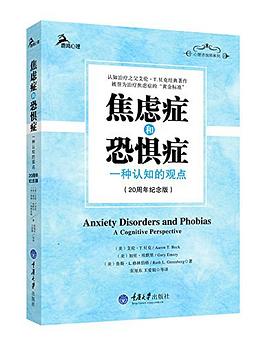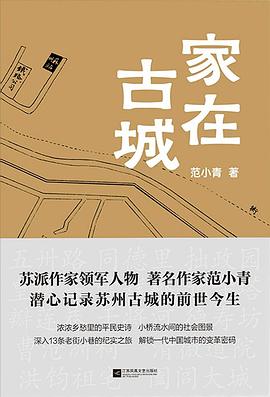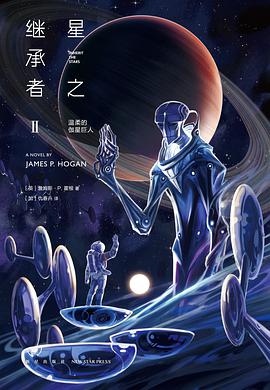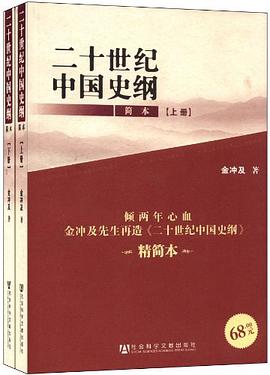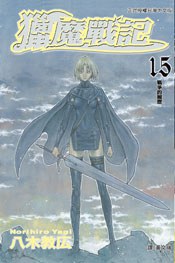The Temple of the Golden Pavilion
内容简介
Because of the boyhood trauma of seeing his mother make love to another man in the presence of his dying father, Mizoguchi becomes a hopeless stutterer. Taunted by his schoolmates, he feels utterly alone until he becomes an acolyte at a famous temple in Kyoto. He quickly becomes obsessed with the beauty of the temple. Even when tempted by a friend into exploring the geisha district, he cannot escape its image. In the novel's soaring climax, he tries desperately to free himself from his fixation.
......(更多)
作者简介
三岛由纪夫(1925-1970),日本作家。本名平冈公威,生于东京一个官僚家庭。1949年发表长篇小说《假面自白》,确立作家地位。1970年11月25日写完《丰饶之海》第四卷《天人五衰》后自裁。一生共创作40部中长篇小说、20部短篇小说及18部剧本。代表作品有《虚假的告白》、《潮骚》、《春雪》、《志贺寺上人之恋》、《金阁寺》等。
其前期作品唯美主义色彩较浓,后期作品表现出一种可怕的艺术倾斜和颠倒。
......(更多)
目录
......(更多)
读书文摘
我经常在照片和教科书上见到现实中的金阁,可父亲口中虚幻的金阁却在我的内心占据上风。父亲从未提过现实中的金阁如何光芒璀璨,可他的话总让我觉得这世上再无比金阁更美之物,且“金阁”这两个字,这音韵在我内心勾勒出的金阁是那样无与伦比。
一方面,人类容易毁灭的形象反而浮现永生的幻想,而金阁坚固的美反而露出毁灭的可能性。
......(更多)

